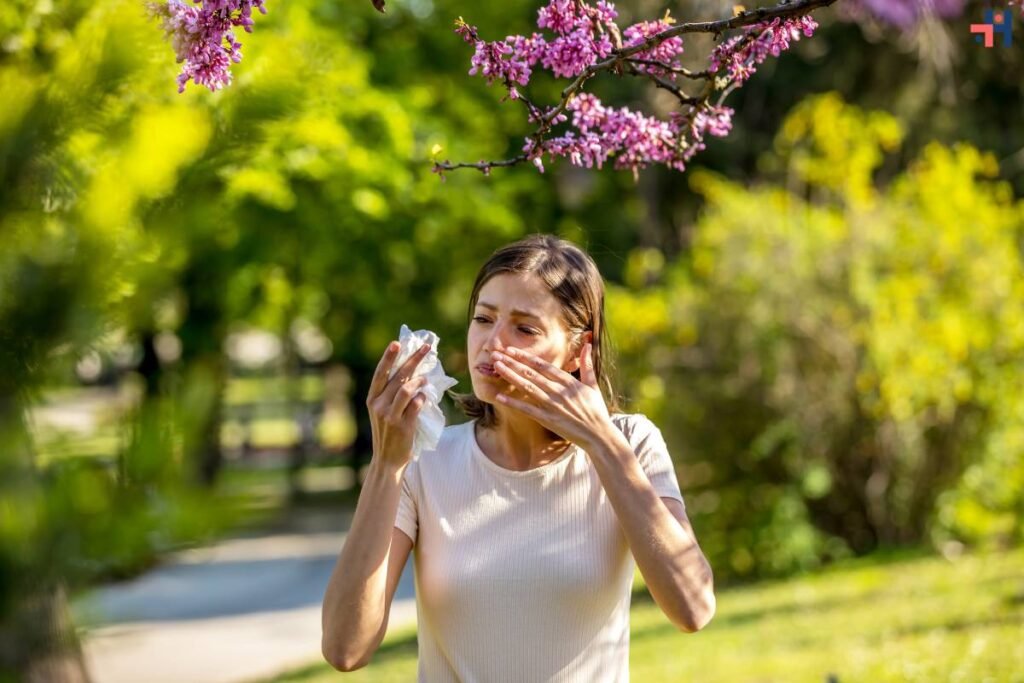As allergy season descends upon New Jersey and various eastern states, allergy sufferers are bracing themselves for what forecasters from AccuWeather predict to be a challenging year ahead. According to the latest 2024 allergy forecast released on Wednesday morning, residents across the eastern U.S., spanning from Maine to Florida, can anticipate encountering two significant waves of pollen during this year’s allergy season.
Early and Intense Start
AccuWeather meteorologists warn that the onset of allergy season is likely to be expedited this year, with tree pollen levels expected to soar well above average. The unseasonably warm conditions prevalent across the Mid-Atlantic and Northeast regions have triggered accelerated budding of trees and plants, setting the stage for an early and robust pollen season. Reports suggest that flora in these areas are budding nearly three weeks ahead of schedule, exacerbating concerns for allergy sufferers.
Traditionally, allergy season unfolds in three main phases, commencing with tree pollen, followed by grass pollen, and culminating with ragweed pollen. AccuWeather’s 2024 allergy forecast foresees heightened levels of tree pollen across most of the eastern U.S., coupled with above-average concentrations of ragweed and other weed pollens.
Brief Respite Amidst Grass Pollen Phase
While the outlook appears daunting for allergy sufferers, there is a glimmer of hope during the grass pollen phase. AccuWeather forecasts below-average levels of grass pollen along a significant portion of the Eastern seaboard, providing a temporary reprieve for individuals grappling with pollen-related allergies.
Millions struggle to adapt with longer pollen allergy season
Expert Tips for Allergy Relief
For the millions of Americans afflicted by pollen allergies, the Asthma and Allergy Foundation of America offers invaluable suggestions to alleviate symptoms and minimize discomfort:
- Early Medication: Initiate allergy medication preemptively before the onset of pollen season to mitigate symptoms effectively.
- Reduce Outdoor Exposure: Limit outdoor activities, particularly during periods of high pollen counts, to minimize allergen exposure.
- Maintain Indoor Environment: Keep windows closed and utilize central air conditioning with clean filters to reduce indoor pollen levels.
- Personal Hygiene: Practice regular bathing and hair washing to remove pollen from the body and prevent it from transferring to bedding.
- Protective Attire: Wear sunglasses and hats outdoors to shield eyes and hair from pollen accumulation.
- Pet Care: Limit contact with outdoor pets to minimize pollen transfer, and wash clothes worn during outdoor activities promptly.
- Optimal Laundry Practices: Dry laundry indoors using a clothes dryer rather than an outdoor line, and wash bedding weekly in hot, soapy water.
As pollen levels surge and allergy season gains momentum, adhering to these expert recommendations can significantly alleviate symptoms and enhance the quality of life for individuals navigating the challenges of seasonal allergies. Stay informed, stay prepared, and prioritize self-care to navigate through allergy season with greater ease and comfort.









